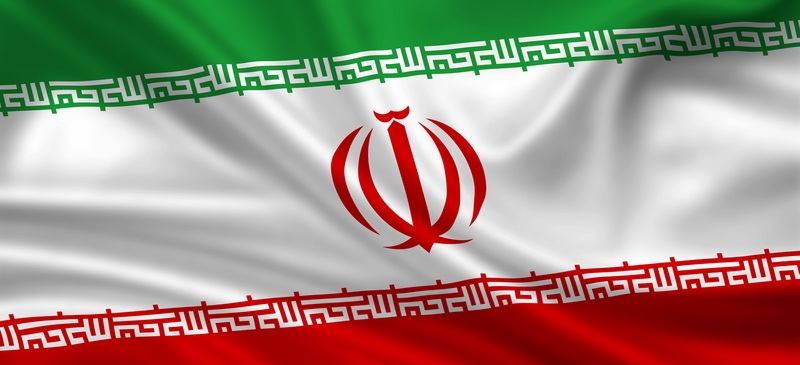
The EU must be tougher and more creative on Iran
Iran is a test case for EU foreign policy. After the Iraq debacle, the EU faces a daunting challenge. The Union must demonstrate it can stay united under pressure; act tough when necessary; and persuade Washington to adjust its overall strategy.
Tensions between Tehran and the West have risen markedly in recent months. The EU and US are unhappy about Iran's support for Hezbollah, the crackdown on student protests, and Tehran's alleged attempt to foment unrest in southern Iraq. But it is Iran's nuclear ambitions which most agitates policy-makers. Tehran insists it does not want nuclear weapons and that its nuclear programme is purely civilian. However, such reassurances look less credible every week.
The conclusion that Iran is not complying with its international obligations is not some neo-conservative hallucination. EU governments and the UN have come round to the same view. In early September, after inspectors had found weapons-grade uranium, Mohammed el Baradei, the soft-spoken head of International Atomic Energy Agency (IAEA), called upon Iran to provide the agency 'with a complete and accurate declaration of all its nuclear activities'.
The US, Europe, Russia and Japan all insist that Iran sign and implement the 'additional protocol' of the Non Proliferation Treaty (NPT), which would pave the way for tougher inspections. Iran has hinted that it might accept such 'anytime, anywhere' inspections, but has linked this to concessions from the West, for example over access to advanced technologies. Most observers believe Iran is trying to buy time.
The question is: what should Europe do? In recent years, the EU has invested heavily in a policy of 'conditional engagement'. The basic rationale for this strategy is that Iranian politics remain in flux and that it pays for the outside world to support the reformist camp. The EU is currently negotiating a free trade and co-operation agreement with Iran. Because of Iran's desperate economic problems, Tehran needs these talks to succeed. But Brussels has stressed that progress in these negotiations depends on clear changes in Iranian behaviour. In the area of human rights, the EU can claim its policy of conditional engagement has produced some limited results. For instance, Iran has stopped the abhorrent practice of amputating limbs of convicted criminals partly as a result of EU pressure.
The EU must use its leverage in a similar fashion on the nuclear issue. The EU should freeze trade negotiations unless Iran accepts the additional protocol by October 31st, before the IAEA board meets again. Some member-states will balk at this. But it is important for the EU's credibility that it proves it can act tough when necessary. In the draft security strategy, prepared by the EU's foreign policy chief Javier Solana, the EU stated its support for 'effective multilateralism'. This means the EU will continue to champion international rules and institutions. But countries will have to pay a price if they break these rules. At the moment Iran is breaking the rules of the NPT.
At the same time, Europe should encourage the Americans to think harder about why Iran wants nuclear weapons. From the perspective of Tehran, the combination of a nuclear Israel and US troops in Iraq and Afghanistan must look threatening. Americans love to speculate on the prospects of regime change in Iran. But without a change in the regional security situation, any Iranian government would seek nuclear weapons. Thus regime change, if and when it comes, will not end Iran's nuclear ambitions. The West must forge a more creative strategy, one that takes Iranian security concerns seriously while explaining that going nuclear is not the answer.
The US and the EU should work with Russia to co-sponsor a regional security dialogue aimed at reducing tensions. The US must make clear that if Iran renounced its nuclear weapons programme and allowed international verification, Washington would not seek to overthrow the regime. Of course, the US and Europe are right to insist on greater democratisation in Iran and they are entitled to give political support to domestic groups advocating change. But overblown rhetoric in favour of regime change risks undermining the reformists. Worse, it removes any incentive for Iran to comply with legitimate international demands to come clean on its nuclear ambitions. A mixture of realism and creativity is the smart way to deal with Iran.
